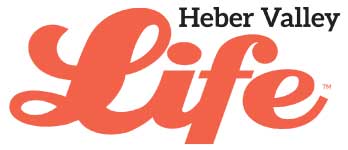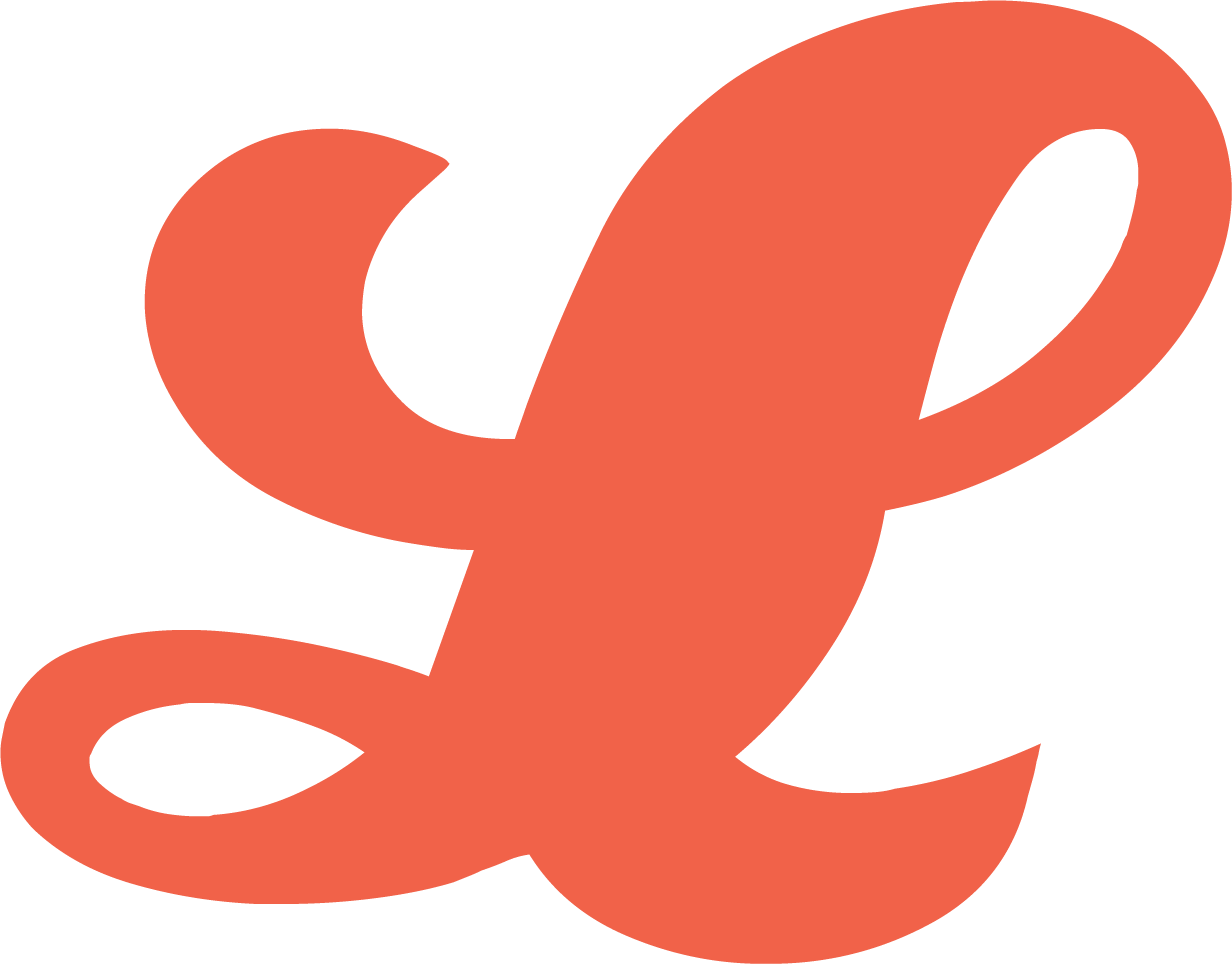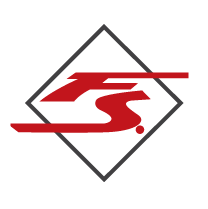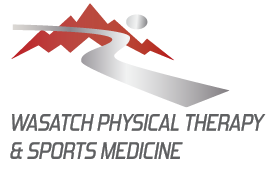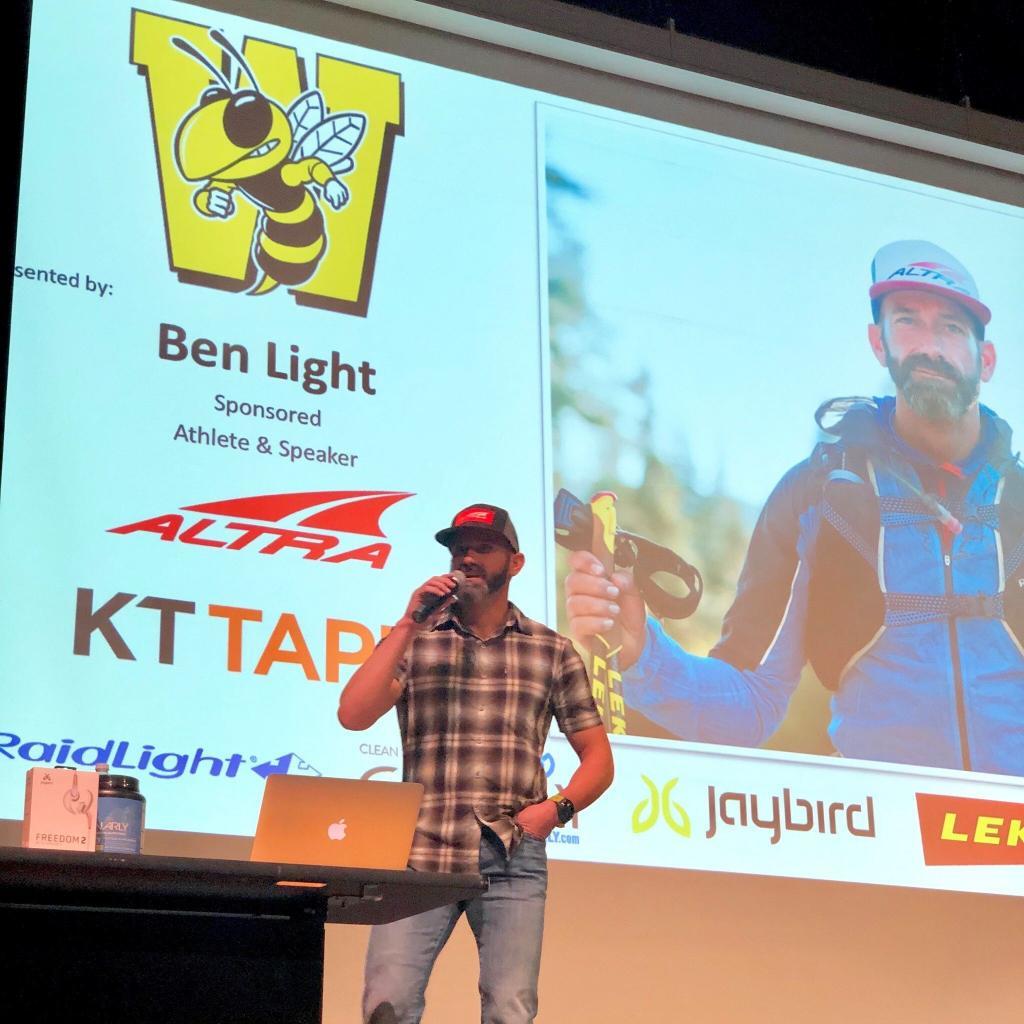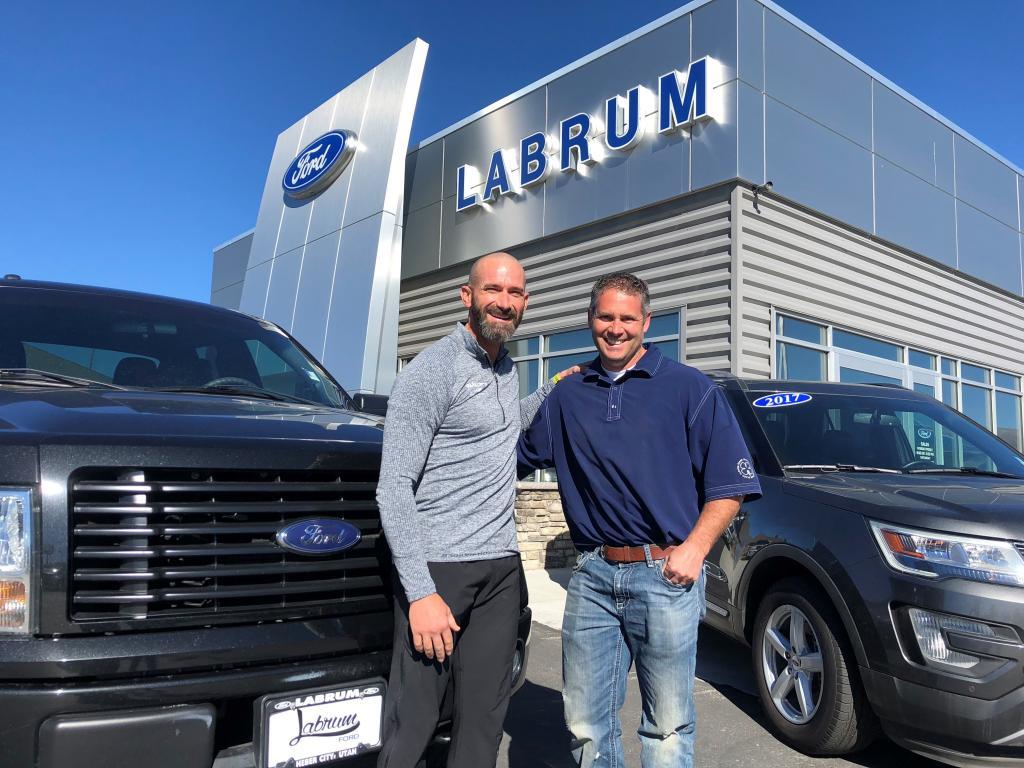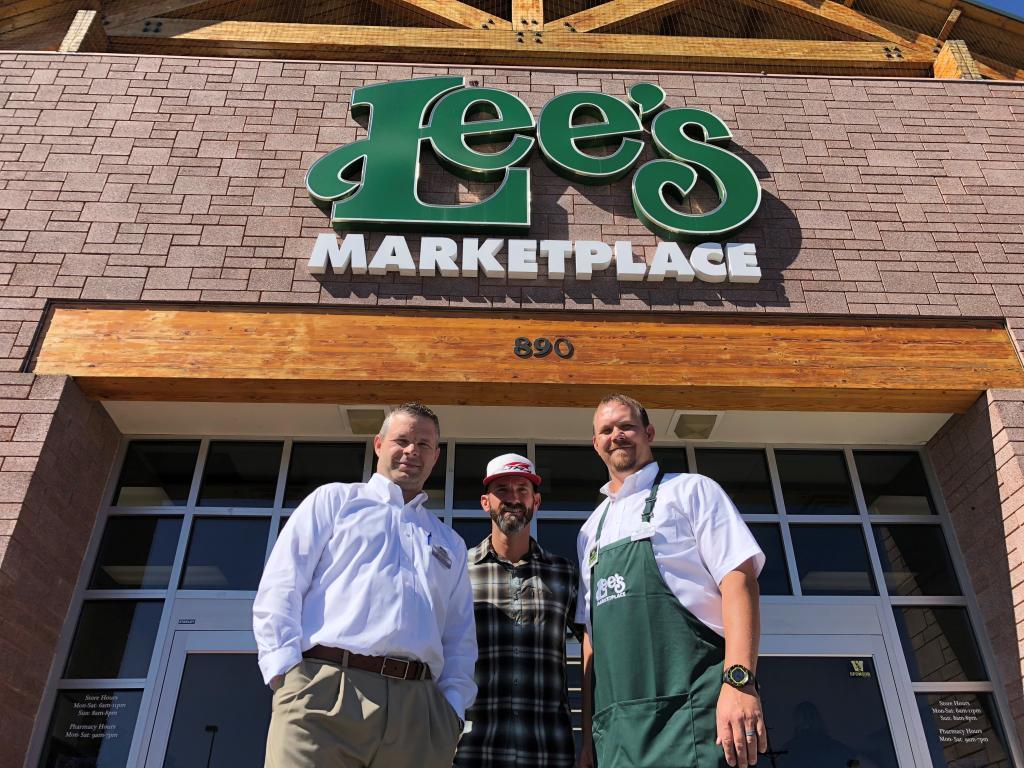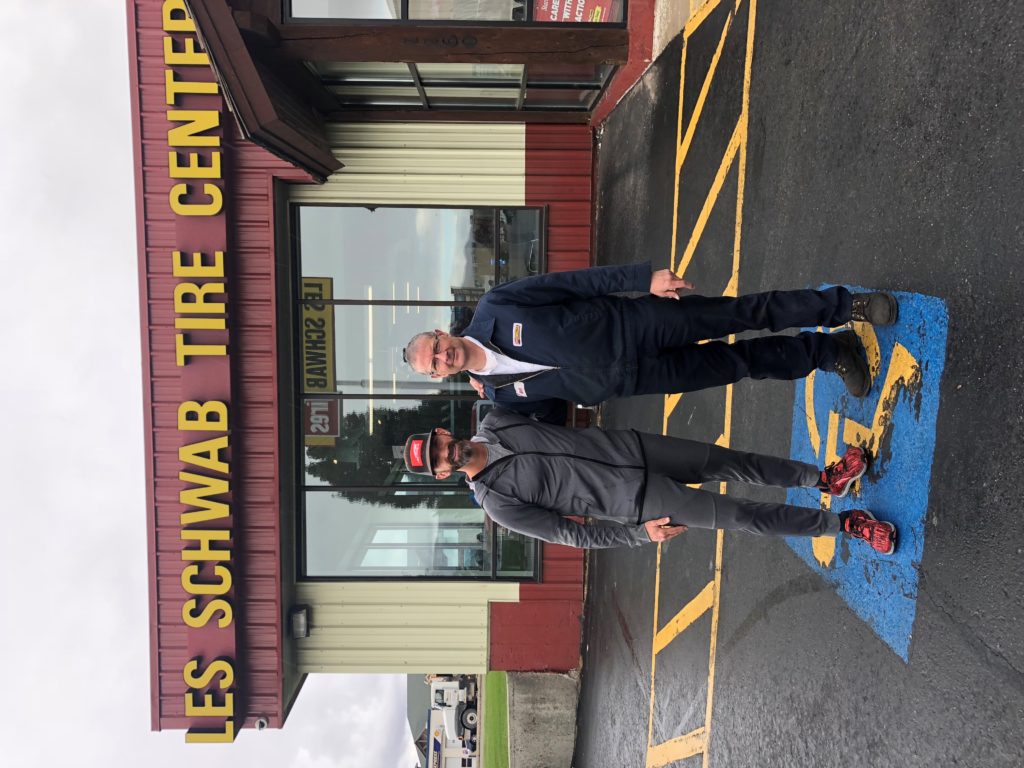Written by Ben Light with contributing editor Julie Moulton
You might know Ben Light from throwing down at 200-mile races; he completed the Triple Crown of 200s in 2017 and has paced, volunteered or ran all three races every year since their debut in the ultra-running scene six years ago.
You might have heard about Ben tackling the Spine® Race, a brutal 268-mile winter ultra in the United Kingdom with a notoriously-low finisher rate. He was one of the first Americans to take on the race, and when the event bested him at his first attempt, he returned the following year during the worst winter storm the country had seen in 30 years. He crossed the finish line after 153 hours of exposure through more than 150 miles of blizzard conditions.
Or, you might have followed Ben last year during his Wasatch Tahoe Project: 305-miles of back-to-back ultramarathons that started on the same day but were located in different parts of the United States. He successfully completed both races in 119 hours.
You might not know that Ben is about to hop on a plane to shatter a world record: the fastest known self-supported time of the Haute Randonnée Pyrénéenne.
The HRP (Haute Randonnée Pyrénéenne or “High Pyrenean Route”) is the gnarliest thread of peaks and ridges that you can string between the Atlantic and the Mediterranean. It is more of a concept than a designated trail traversing the aggressive and relatively young range. Ben will self-navigate the most rugged, demanding route battling both the clock and the elements. He will run through Spain, Andorra and France. He will average 59 miles and 21,250 feet of vertical gain each day. For eight days.
Another world record that he could potentially best, depending when he reaches the Atlantic coast: the fastest human in history to cross the entire range.
Supporting Himself, Supporting Others
Though he will have a film crew following to document his progress, Ben will carry all of his supplies and attend to all of his needs autonomously and without assistance. For Ben, the style in which you run is just as important as the distance. Self-supported means exactly that: no one will fill his pack or prepare a meal; no one will lance his blisters or mule his gear. The prestige of the route and the record is only captured by integrity.
To complete an ultra — especially an undertaking of this caliber — requires a fuel that burns longer and slower than simple carbs and caffeine; true endurance athletes feed their drive with their values. Ben’s fire burns for his family, his faith and his empathy for others.
Empathy is what initially drove him past the hundred-mile distance barrier. A Reno native, Ben attended the inaugural Tahoe 200-mile ultramarathon — but not to race. At the time, he was a gym rat tiptoeing around the outskirts of the ultra-running community in northern Utah. His running resume consisted of a single trail half marathon and a Ragnar relay event. When he offered to help pace a friend for a section or two, he had never run beyond the 32-mile distance. By the end, he paced 93 miles.
“By supporting someone else, I was able to achieve something I never thought possible for myself.”
Ben’s inner strength stems from his compassion for others; he would not have run 100 miles for himself, but when the prerogative shifted off himself, the fear of distance fell. The miles ticked by easily. The distance became invigorating. His mental limits turned to dust.
Running for a Cause
Ben is still running for others, and the foundation for his Pyrenees project is inspired by empathy for those who are struggling to take just a few steps. Neuroworx is a Utah non-profit organization that offers free rehabilitation for people experiencing paralysis. Whether individuals suffer from a spinal cord or brain injury, stroke, or a neurological condition, anyone who hopes to improve their quality of life and is willing to put in the effort can receive support from Neuroworx’s rehabilitation specialists. The program also offers a specific pediatric therapy for children with neurological conditions.
Neuroworx shines where a shadow has been cast. Individuals who could not take a single step have managed to re-learn how to walk on their own. Lives that were immobile have re-discovered functionality and purpose. Personal limits are pulverized day by day.
The trail is not easy, nor direct. These individuals, too, need to fuel themselves fully with the same grit and determination to complete their path of rehabilitation. Ben’s mission is to help bring financial means and awareness to the organization so they may continue to offer free services. This is the second year Ben has teamed up with Neuroworx, but this year he will be pushing both himself and his fundraising campaign further than ever before.
The Pyrenees Project
The Pyrenees Project contains 340,000 feet of elevation change and spans 470 miles between two coasts. The weather is formidable and unpredictable at an average altitude of 9,800 feet. Ben will have no refuge, no assistance and no true rest until he is seated on the beach of the Atlantic. His company will be the cols, glaciers, granite and the occasional village day hiker. He will bivouac when he needs to recharge, alone on the trail.
To complete a feat this monumental, a runner must be willing to sacrifice comfort and embrace the moments of misery, of loneliness, of pain. No one attempts a fastest-known time record without a deep willingness to suffer. The battle pits runner against terrain; heart against earth. Every minute counts.
When pitting yourself against a route of this magnitude, each step is about progress. “I look at the barriers and start breaking them down,” Ben strategizes. “If you want something badly enough, you have to be willing to break it down and take it step by step.” Whether it is the first or, as in Ben’s case, the millionth, every footstep draws the goal closer.
Of course, the route endeavors to break him down, too, little by little. The layers will peel away until only the raw core remains. Running ultra-races strips away the masks and defenses to reveal the contents of a soul. The question Ben will answer is whether the course or the core runs out first. That is the battle of the ultrarunner.
As the distance and wilderness chip away at Ben’s body and mind, he will need to manage all of the factors that contribute to completing this mission with mental dexterity and emotional steeliness. Every aspect of his training will be examined under the microscope as the miles accumulate: training, nutrition, gear and lighting, managing sleep deprivation, navigation, hydration – everything.
Ben has learned the lesson, many times through running, that life is about honing the skill to be able to adjust. It is about putting in the work to train or regain something that was lost, adapting to solve each situation and meet every need. This can only be accomplished through constant self-evaluation and correction.
The secret: Do not allow yourself to be overwhelmed and do not overreact. Continue to adapt and grow as different challenges test you. In a place of isolation and the unknown, allow your core values to propel you through to the other side.
Empathy for others taught Ben that he could achieve incredible distances because his footsteps help change the lives of others. When the obstacle of the unknown fades and the fire ignited within is sustained, the desire to push the limits becomes engulfed by purpose. Running for others inspires him — even to the other side of the globe.
The Wasatch Tahoe Project illustrated a full circle of community support. Ben highlighted this support system in a post-race motivational speech to the Wasatch High School student body and hopes to continue to promote this circle of support within the Heber Valley community.
Ben recognizes that the success of the Wasatch Tahoe Project would not have been possible without the support of Heber Valley community. Ben was honored to partner with various Heber Valley businesses and together they were able to raise close to $8,000 for the Neuroworx organization.
